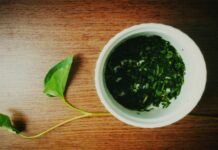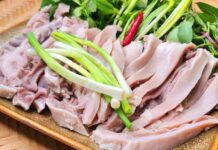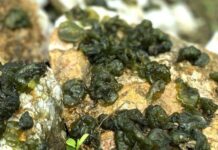There is a common misconception that consuming ginseng can lead to increased blood pressure and negatively impact individuals with hypertension. But is this true? Let’s delve into the details and explore the relationship between ginseng and blood pressure in this article.
1 Can People with High Blood Pressure Consume Ginseng?
 Can People with High Blood Pressure Consume Ginseng?
Can People with High Blood Pressure Consume Ginseng?
Ginseng is a rare and renowned herbal medicine known for its energizing and restorative properties. It has a bitter taste, a warm nature, and is believed to affect the heart, spleen, and lungs. Many individuals seeking robust health and vitality turn to ginseng as a natural remedy.
While it is true that ginseng can influence blood pressure, the concern primarily arises in individuals with low blood pressure. For those with hypotension, consuming ginseng can help stabilize and raise their blood pressure to normal levels. On the other hand, for individuals with hypertension, ginseng can help lower and regulate blood pressure. Therefore, people with high blood pressure can safely consume ginseng without worrying about adverse health effects.
2 Can People with High Blood Pressure Consume Red Ginseng?
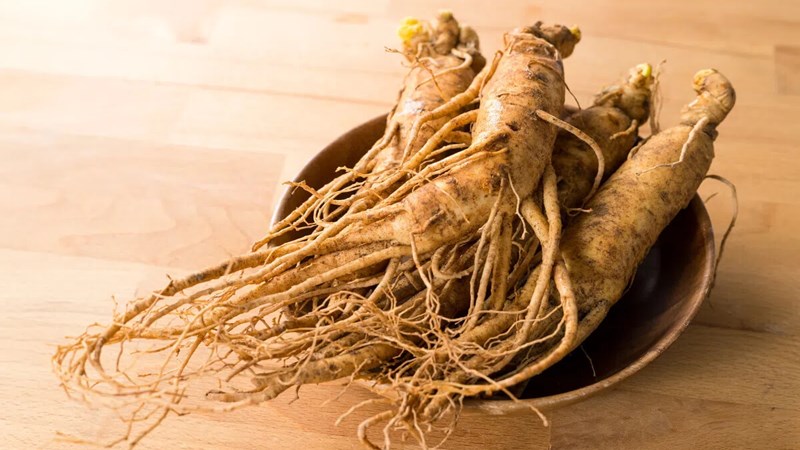 Can People with High Blood Pressure Consume Red Ginseng?
Can People with High Blood Pressure Consume Red Ginseng?
Red ginseng is essentially processed ginseng. It is produced by steaming ginseng roots weighing at least 37g under high-pressure conditions and then drying them. Red ginseng offers similar health benefits to fresh ginseng and is often used to treat cardiovascular, gastric, and hypertension issues.
Individuals with high blood pressure can safely consume red ginseng to improve their health. The essence of red ginseng lies in its ability to provide health benefits comparable to those of fresh ginseng.
3 How to Safely Consume Ginseng for People with High Blood Pressure
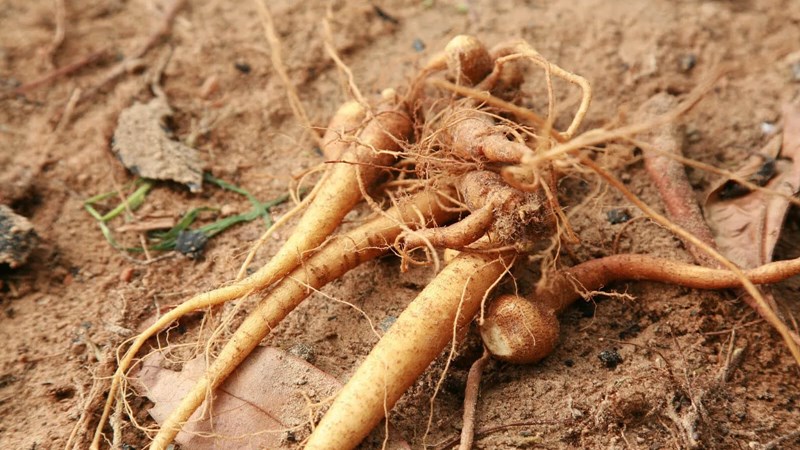 How to Safely Consume Ginseng for People with High Blood Pressure
How to Safely Consume Ginseng for People with High Blood Pressure
While ginseng offers numerous health benefits, it is essential to consume it safely and appropriately. Here are some guidelines to consider when consuming ginseng:
-
Dosage: The recommended daily intake of ginseng is 2-4g, which can help improve overall health and treat hypertension and cardiovascular issues. However, it is important to read the instructions and dosage information on the specific ginseng product you are using.
-
Contraindications: Pregnant women are advised against consuming red ginseng as it may cause fetal abnormalities. Additionally, individuals with conditions such as colds, gastric ulcers, bronchiectasis, and spermatorrhea should also refrain from consuming ginseng.
-
Precautions: Individuals with chronic illnesses or those undergoing treatment for other conditions should consult their physicians before consuming red ginseng to avoid any potential adverse effects on their health.
We hope that this article has clarified the effects of ginseng consumption for individuals with high blood pressure. If you found this information helpful, please share it with your friends and family so they can benefit from it too!
Source: hellobacsi.com
Unlock 8 Benefits with a Daily 5-Minute Jog
Living a hectic lifestyle can make fitting in time to exercise difficult. However, studies have revealed that even just 5 minutes of jogging a day can lead to positive outcomes for your health, including a decrease in the risk of developing cardiovascular disease, extending your life span by up to 3 years, or even reducing the susceptibility to heart disease.


